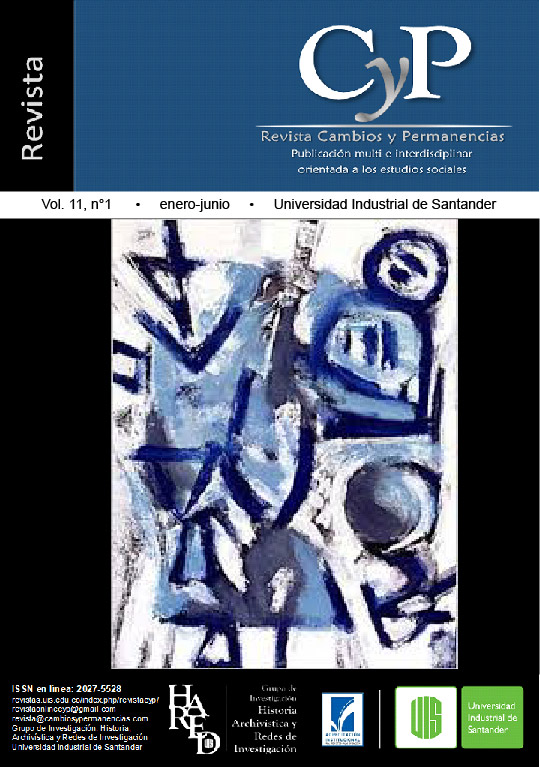Published 2020-06-30
Keywords
- Freedom,
- democracy,
- politics,
- chance,
- psychoanalysis
How to Cite
Abstract
In the little explored relationship between Spinoza and democracy, as an expression of the political, we contribute with the conjecture that through its thought and development, the subsequent consecration of freedom of expression, facilitated and still facilitates us, that we can feel within a democratic horizon, albeit from its spectrality or ghostly condition, but democratic horizon at last, thanks or through, the conditions generated by thinkers like Spinoza in relation to his conception of freedom. We start from the present notion that we have from our democratic experience, while avoiding the links provided by chance or chance, as a necessary condition of the human and the only valid principle that respects society as to make equality affordable as Teleology of the democratic.
Downloads
References
Chapsal, M. (1957). Entrevista de Jacques Lacan con Madeleine Chapsal. París, Francia: Periódico L’Express.
Foucault, M. (2000). Defender la sociedad. México DF, México: Editorial Fondo de Cultura Económica.
Freud, S. (1986). Obras completas. Buenos Aires, Argentina: Editorial Amorrortu.
Kant, I. (1990). La metafísica de las costumbres. Buenos Aires, Argentina: Editorial Cuchulo.
Masotta, O. (2015). Lecturas de Psicoanálisis. Freud, Lacan. Buenos Aires, Argentina: Editorial Paidós.
Ranciére, J. (2006). El odio a la democracia. Buenos Aires, Argentina: Editorial Amorrortu.
Spinoza, B. (1997). Tratado Teológico-Político. Madrid, España: Alianza Editorial.
Subirats, H. (1993). Desde el lugar del otro. Filosofía y sexualidad. Barcelona, España: Editorial Anagrama.
Tatián, D. (2009). La conjura de los justos. Buenos Aires, Argentina: Editorial Las Cuarenta.
Winkler, P. (2011). El psicoanálisis como envés de la ley. Revista Affectio Societatis, 8, (14).

